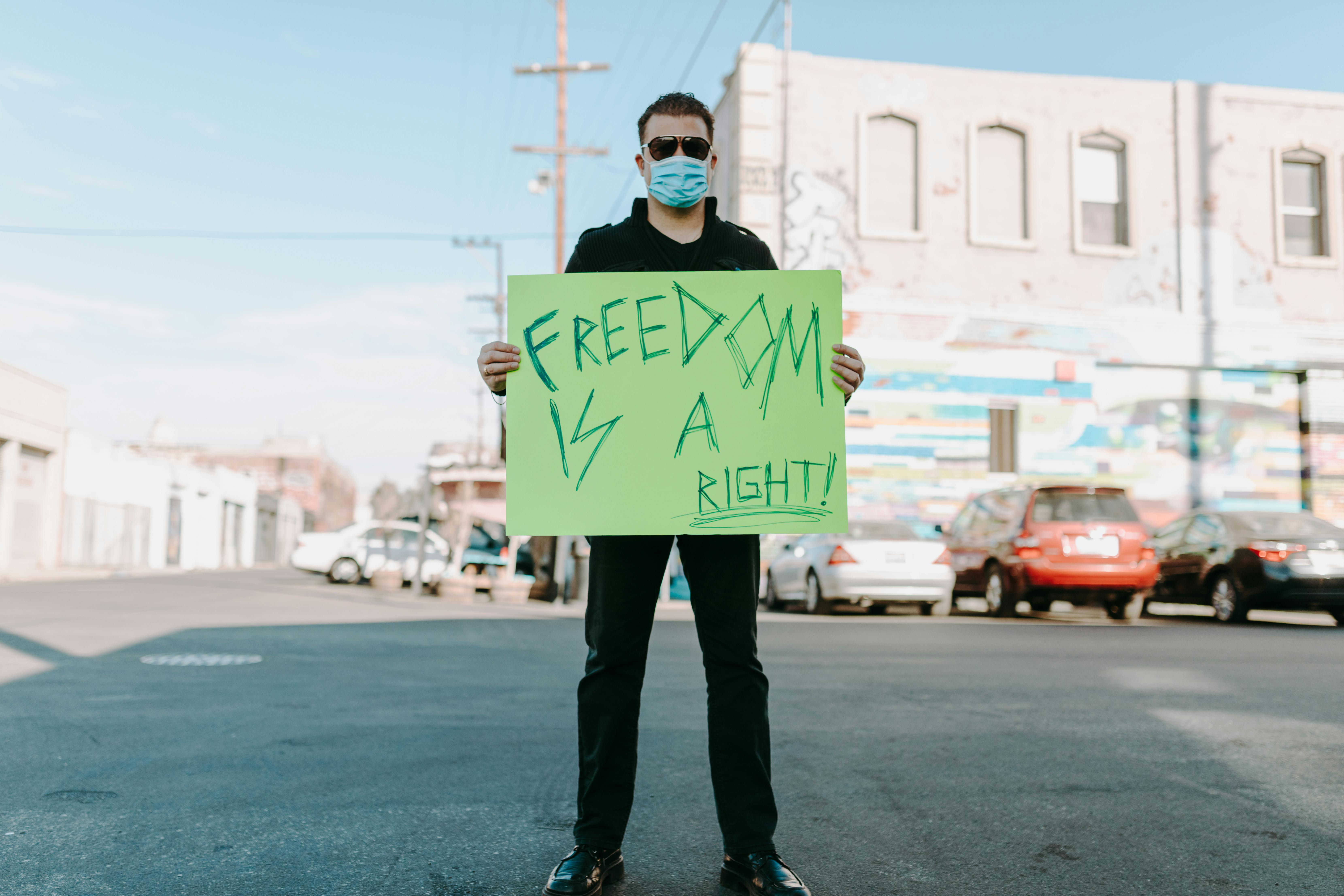Book Review: The Great Degeneracy by Niall Ferguson
Every age needs its prophets of doom to warn humanity of the dangers ahead unless urgent attention is paid to reformation, but the fate of prophets is to remain voices crying out in the wilderness. Niall Ferguson must not be allowed to suffer this fate, because the issues he addresses need our urgent attention. Modern civilization was built and sustained by a network of great institutions, listed by Ferguson as representative government, free markets, the rule of law, and civil society. By showing how each of these is degenerating and in need of radical reform, Ferguson presents a momentous challenge to the leaders and people of Western democracies.
A central theme of Ferguson’s argument is that people’s sense of community has been weakened. Individuals have become more self-centered, pursuing their own ends without taking others into account. This has led to wide disparities in income and wealth, which has further served to divide communities. Immigrants, both legal and illegal, are often accused of coming to Western countries only to take advantage of the economic opportunities of greater wealth, but indigenous populations have behaved the same way, enjoying their heritage but neglecting the institutions that nurtured the economic advance of before. generations
Ferguson gives many examples of the degeneracy of community spirit, from the drastic reduction in membership of voluntary organizations to the degeneration of the rule of law and the rule of lawyers. In all walks of life, people use their privileged positions to enhance their own wealth and power with a diminishing sense of service to their community. Nowhere is this more obvious than in the transformation of cooperatives, associations and building societies into private companies and banks.
Niall Ferguson’s book should be required reading for all who aspire to public office in Western democracies. One politician who seems to have responded is David Cameron, whose Great Society advocacy echoes Ferguson’s call for a greater level of volunteerism and the realization that people can still do a lot to help themselves. Ferguson recommends that people accept a greater degree of individual responsibility, working together on the basis of trust combined with a lower level of government regulation.
In a call for higher ethical standards, Ferguson comes close to advocating a spiritual revival, and it’s hard to see how that could happen in modern times. One remembers the slow demise of the movement for moral rearmament a few decades ago. If Ferguson is to be considered a prophet, he would be of economic and political liberalism, but it is this very applied philosophy that he says is in crisis. Like the prophets of the past, he does not come to bring a new religion but to reform the old one; It will be interesting to see if his followers give his message a new name.

